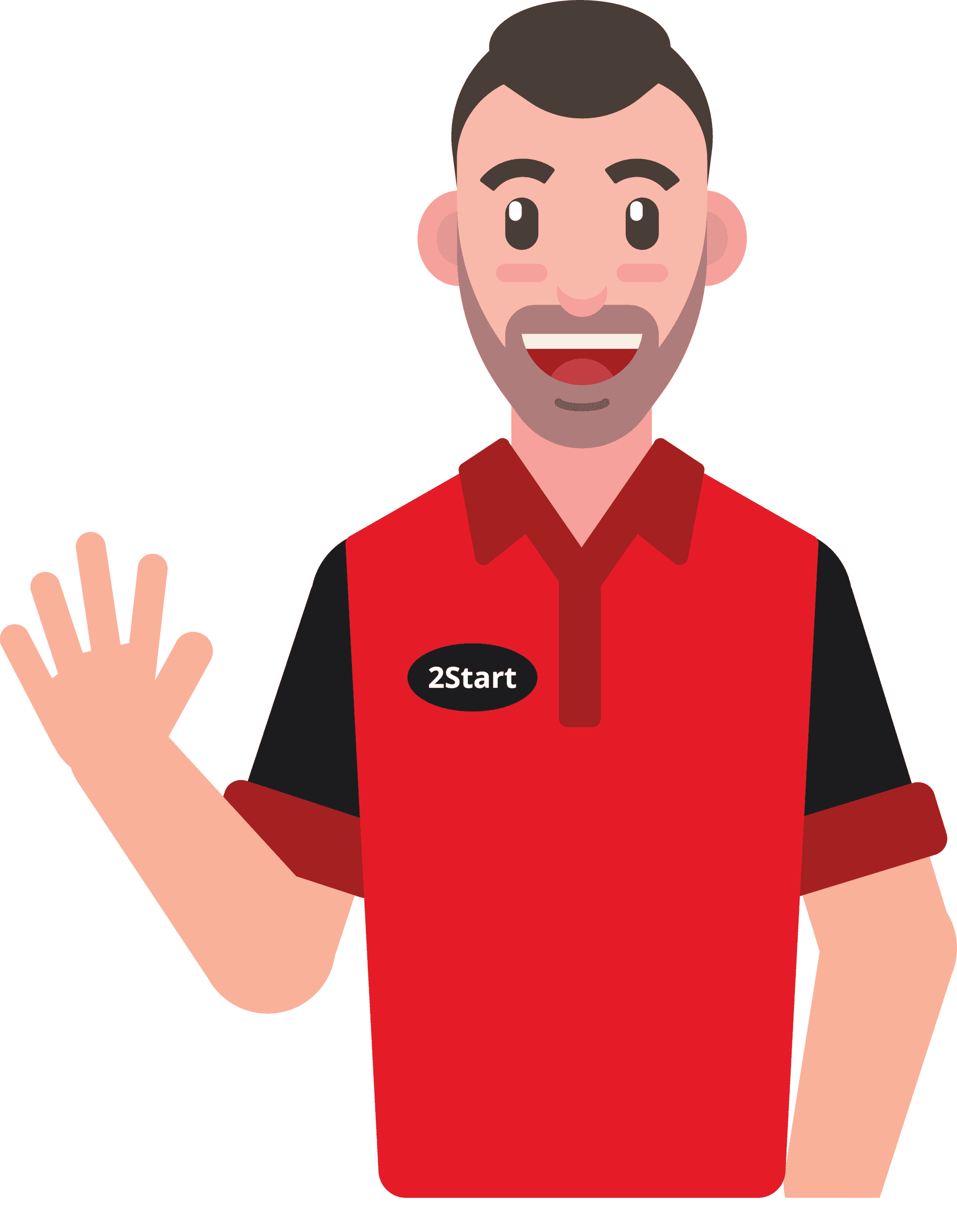Once you complete the 3a offroad exercise, you will then be expected to complete the 3b driving test. This part is a practical real-life driving, where you will be driving among other road users and deal with real life situations. The examiner will be testing how you use the vehicle. This is including controls, dealing [...]
We have 4 training depots that are available for you to choose from that are located in Portsmouth, Southampton, Reading and Worthing all of which have classroom facilities.
Module 1 – General Introduction The skills and knowledge of the operator often reflect on whether the use of lifting equipment is safe and efficient, which is prevalent for both the operator of the machine and those slinging the load. The first step for any operator is to receive the correct training needed to complete [...]
Module 2 - Legislation Module 2 covers the legislation affecting lorry loaders, with emphasis on the role of the Slinger / Signaller. The Standards that provide guidance on how to comply with the law. This second module covers Health & Safety legislation which will include The Health & Safety at Work Act, The Work at [...]
Module 3 – Introduction to the equipment Module 3 will give you an introduction to the equipment that you will be using when completing your slinging operations. Every sling should have its Working Load Limit (WLL) and Safe Working Load (SWL) marked upon it, with this information needing to be referred to before use. The [...]
Module 4 – Pre-operational and post-operational checks As outlined by the current regulations, the Slinger/Signaller has the duty and responsibility to ‘visually check all equipment before and after use, reporting any deterioration or faults found’. All slinging equipment must be visually checked on each occasion prior to using and slinging the load. Additionally, if any [...]
Module 5 – Planning the Lift It is vital that every lifting operation has been properly planned and appropriately supervised, a risk assessment has been carried out, and that the lift is completed in a safe and sensible manner. All candidates involved in the lifting operation must have received the proper training and are competent [...]
Module 6 – Use of lifting accessories It is important to establish the weight of the load before making a lift. The weight of any load should be confirmed before making a lift, and operators should never lift a load if the weight is unknown. This module will also cover a number of factors and [...]
Module 7 – Storage and Maintenance Equipment needs to be stored and maintained properly to ensure it remains safe to use and that its longevity is increased. This module of the course will cover all aspects of correctly storing and maintaining your slinging equipment, such as: General storage & care of slings Round, Fibre Rope, [...]
We are currently running a wide variety of online training courses which includes training such as Drivers CPC and ADR, allowing you to complete your training from the comfort of your own home!
The video below looks at some aspects of the content in the MOD 4 CPC in the ability to lead the vehicle with due regard to safety rules and proper vehicle use.
The below video explores some of the typical checks required for the security of large goods vehicles, particularly when crossing international borders.
There are two parts to completing your HGV theory tests, which involve completing your Multiple-Choice test and then going on to complete your Hazard Perception theory test.
Those completing their Multiple-Choice test will need to score 85/100 to successfully pass.
Here at 2 Start Training, we offer five different Driver CPC Training modules, with every Monday session we run being the Drivers Essentials module.
Another one of the five Driver CPC Training modules that we have available is Driving Principles, which is run on the Tuesday sessions that we have on offer.
Our Emergency First Aid & Health and Safety CPC module is completed on Wednesdays.
At the end of this course, students will be able to demonstrate what action should be taken when confronted with someone requiring emergency first aid treatment.
By the end of this course, students will be able to identify the types of checks that drivers need to complete on their vehicles.
Driver checks are important tasks for maintaining the safety of operations and adhering to any requirements needed to operate a vehicle on the road.
The ability to prevent physical risk is one area that will be covered when completing your Module 4 CPC test
The first stage of gaining any HGV or PCV vehicle licence is to complete a driver’s medical and to gain the provisional licence entitlement for the category of vehicle that you are completing your training.
There are two forms that you will need to complete, which include:

